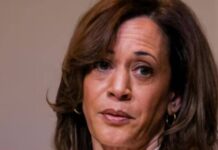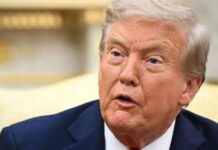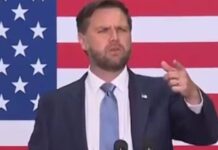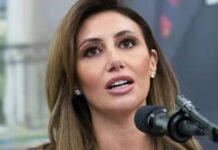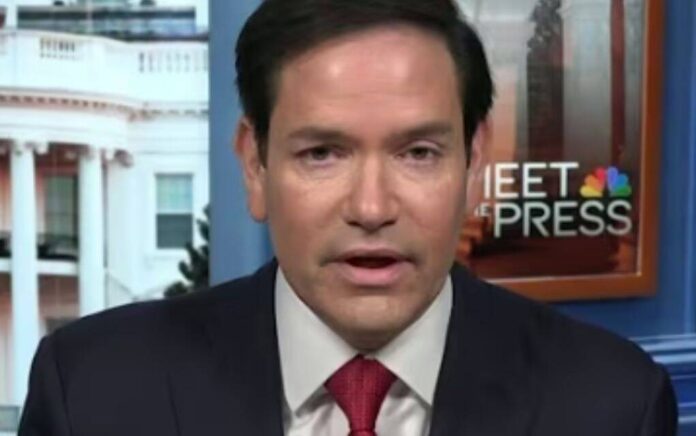
Rubio knows what the president wants as far as immigration goes. That’s why they’re both in lockstep on this issue.
And Marco Rubio has made a change to Trump’s immigration policy that sent the Left into an all out panic.
U.S. Halts Visas for Foreign Truck Drivers Amid Safety Concerns
In a decisive step to prioritize road safety and American jobs, Secretary of State Marco Rubio has announced an immediate halt to new worker visas for commercial truck drivers. Unveiled on Thursday evening, the policy aims to address mounting concerns over foreign drivers operating massive 18-wheelers on U.S. highways.
“Effective immediately, we are pausing all issuance of worker visas for commercial truck drivers,” Rubio stated. “The increasing number of foreign drivers operating large tractor-trailer trucks on U.S. roads is endangering American lives and undercutting the livelihoods of American truckers.”
His words highlight a growing unease about the impact of foreign labor on both public safety and the economic stability of U.S. truckers.
The decision follows a devastating crash on a Florida turnpike, where an Indian driver allegedly caused the deaths of three Americans by executing an illegal U-turn.
The widely seen video of the incident spurred swift action from Transportation Secretary Sean Duffy, who pledged stricter enforcement of safety rules and an investigation into how state officials allowed the driver—reportedly unable to read English or road signs—to operate a commercial vehicle. Florida Governor Ron DeSantis has also stepped in, advocating for solutions to curb reckless driving by foreign truck drivers.
Rubio’s move brings attention to a critical but often overlooked issue: the role of temporary visas in enabling economic migrants to secure U.S. jobs. While illegal immigration dominates headlines, the influx of legalized foreign workers has quietly affected wages, productivity, and innovation in industries like trucking.
Notably, the pause does not affect existing visas, meaning many foreign drivers—some holding licenses from states like California and Utah with relaxed standards—remain on the roads.
The announcement leaves unclear which specific visa types are targeted. Commonly, seasonal H-2B visas bring drivers into agricultural transport, while B-1/B-2 visitor visas are often misused, particularly by Indian nationals, for illegal work.
E-2 investor visas also enable some to legally drive trucks, and many Indian immigrants enter on F-1 student visas only to take unauthorized jobs in trucking, retail, or hospitality. Drivers from Mexico, Canada, and Eastern Europe similarly use B-1/B-2 visas to operate in the U.S., often with little federal scrutiny in prior years.
Reactions to the policy are sharply divided. Supporters of American truckers praise Rubio’s decision as a vital measure to safeguard jobs and highways.
Critics, however, argue it worsens an already strained industry. David Bier of the Cato Institute remarked, “Massive truck driver shortage that is driving up the prices of everything we purchase and Rubio decides to make it worse based on an anecdote.”
“Totally absurd decision making process though I don’t know what visas he’s even talking about ‘pausing.’”
The trucking industry has long claimed a driver shortage in a nation of about 170 million workers, but advocates for truckers argue the real issue lies in low wages and grueling schedules.
Long-haul drivers often endure weeks away from family, facing demanding conditions that likely push many out of the profession.
As the nation navigates the balance between economic demands, worker rights, and highway safety, Rubio’s visa freeze is a turning point in how the Trump administration handles immigration, labor, and the future of America’s roads.
Stay tuned to The Federalist Wire.



